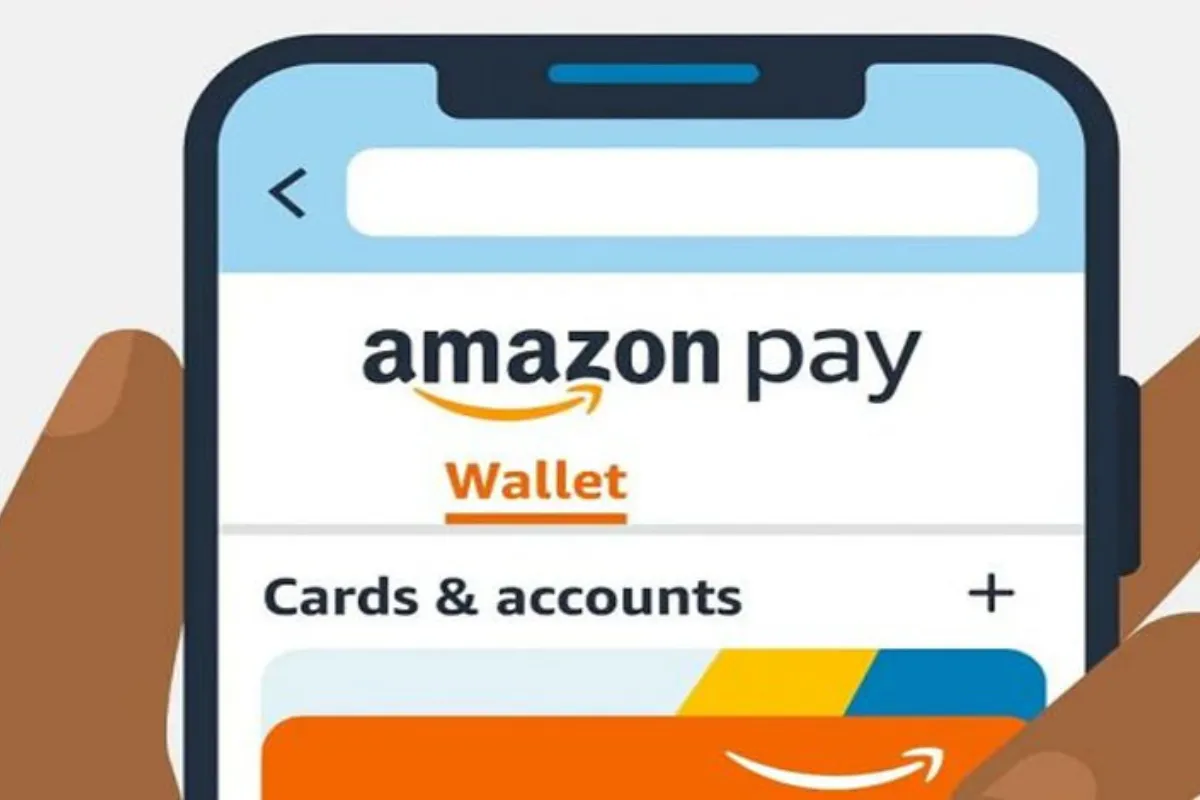Amazon Pay, the financial arm of the e-commerce behemoth Amazon, has achieved a significant milestone by obtaining the Payment Aggregator (PA) licence from the Reserve Bank of India (RBI).
DON'T MISS
RBI Approval Strengthens Amazon Pay’s Position
The approval from the RBI, granted on February 20, marks a pivotal moment for Amazon Pay, empowering the payments app to function as a payment aggregator in facilitating e-commerce transactions across its platform.
Amazon Pay’s Commitment to Simplify Transactions
Expressing the company’s dedication to enhancing user experience, an Amazon Pay spokesperson emphasized their commitment to simplifying lives and meeting the needs of both merchants and customers. The licence enables Amazon Pay to expand its distribution channels and introduce innovative solutions, ensuring secure, convenient, and rewarding digital payment experiences for users across India.
Expanding Service Offerings with PPI Licence
In addition to the newly acquired Payment Aggregator licence, Amazon Pay already holds a Prepaid Payment Instruments (PPI) licence. This licence allows the company to offer wallet services, including the popular Amazon Pay balance: Money feature.
Growth in Licensing for Payment Services
Since the beginning of 2024, the RBI has issued licences to a total of 10 companies, including notable names such as Zomato, Juspay, Decentro, Mswipe, Zoho, and Stripe, among others. These licences enable the companies to provide payment services to merchants, including online businesses and e-commerce firms, by accepting payment instruments from customers.
Understanding Payment Aggregator Licence
A payment aggregator licence authorises companies to offer payment services to merchants, acting as intermediaries between customers and businesses. These aggregators consolidate funds received from customers and subsequently transfer them to merchants within specified timeframes, facilitating seamless transactions in the digital economy.
